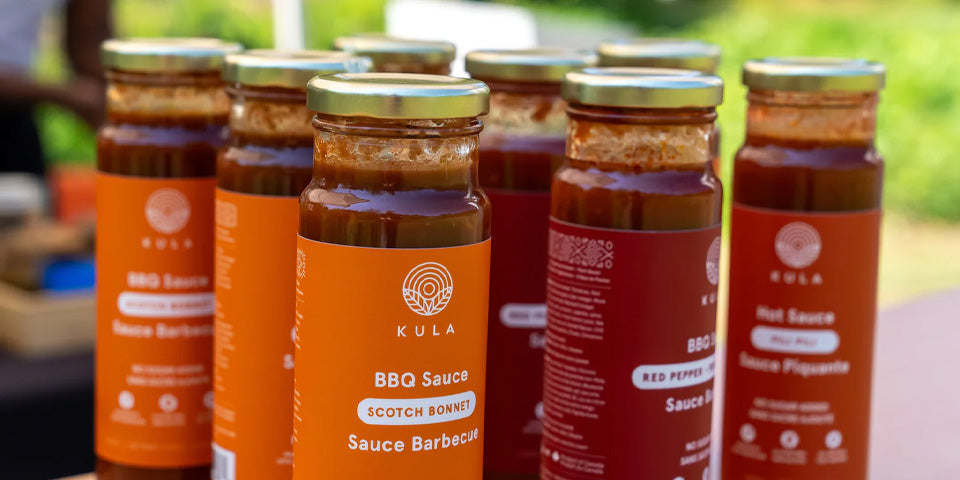Our journey goes beyond the plate—it's about nourishing our bodies, preserving our cultural roots, and creating a healthier, more vibrant future together. The impact of eliminating or reducing added sugar in the African diaspora holds profound significance for both individual health and the broader community. Historically, the African diaspora has faced a multitude of challenges, including disparities in health and nutrition. Exploring the impact of reducing added sugar within this context highlights the potential for positive change in various aspects of well-being. Let's get into it
1. Health and Well-being: Reducing added sugar consumption can have significant health benefits. Many traditional diets in the African diaspora are rich in whole foods like fruits, vegetables, legumes, and grains. By focusing on these nutritious staples and minimizing sugary processed foods, we experience improved blood sugar levels, reduced risk of chronic diseases (such as diabetes and heart disease), and better weight management. Our sauces, free from added sugars, are a delicious gateway to balanced blood sugar levels, a stronger heart, and a weight journey that leaves you feeling amazing.
2. Cultural Connection: For many in the African diaspora, food is not only sustenance but also a way to connect with cultural heritage. By choosing no added sugar options, we maintain culinary traditions while making healthier choices. This approach fosters a sense of cultural pride and identity, reaffirming the significance of traditional foods in preserving heritage.
3. Empowerment Through Education: Promoting awareness of the detrimental effects of added sugar empowers individuals within the African diaspora to make informed dietary decisions. Education about the risks associated with excessive sugar consumption can lead to increased health literacy, enabling individuals to advocate for healthier food options and encouraging communities to prioritize their well-being. By choosing options like Kula's No Added Sugar Sauces, you're not just making a delicious choice—you're claiming your power.
4. Community Well-being: Reducing added sugar can have a ripple effect throughout the community. Healthier individuals contribute to stronger, more vibrant communities. As people become more mindful of their dietary choices, they can inspire friends, family members, and neighbors to join them in embracing a healthier lifestyle.
5. Redefining Traditions, The Kula Way: The African diaspora's culinary traditions are rich and diverse. By reimagining traditional recipes with a focus on natural sweetness from fruits and whole ingredients, communities can develop a new narrative around their cuisine—one that aligns with health goals and emphasizes the delicious flavors of whole foods. We're all about honoring tradition while embracing modern health goals. Our sauces help you craft Afro-plant-based dishes that are both deeply rooted in heritage and forward-looking. It's the best of both worlds on your plate.
6. Economic Empowerment: Supporting local markets and producers of fresh, whole foods can bolster local economies. Communities within the African diaspora can take pride in cultivating and supporting agricultural practices that align with a health-focused lifestyle.
7. Intergenerational Impact: Making healthier dietary choices has the potential to positively influence future generations. Children who grow up with a diet that prioritizes whole foods over sugary snacks are more likely to adopt those same habits, creating a generational shift towards better health.
In summary, reducing added sugar in the African diaspora has far-reaching implications. It empowers individuals to make health-conscious choices, reconnects them with cultural roots, and fosters a sense of community well-being. By embracing whole, nutrient-dense foods, the African diaspora has the opportunity to redefine its relationship with food, reclaiming traditions while embracing a healthier future.



